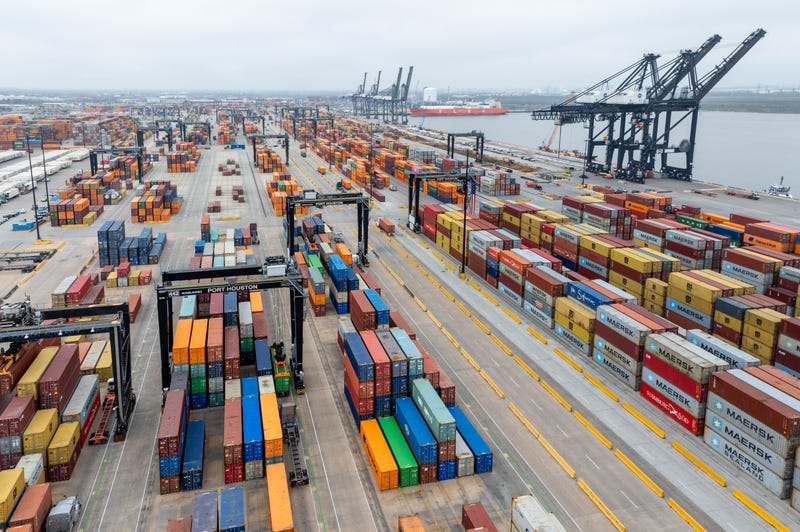
As President Donald Trump's new tariffs on imports from Mexico, Canada, and China take effect, Texas is poised to bear the brunt of the economic fallout. The 25% tariffs on goods from Mexico and Canada, along with an additional 10% tariff on Chinese imports, are expected to have significant repercussions for the state's economy.
Texas, a major hub for international trade, exported nearly $450 billion worth of goods in 2023, more than any other state in the country. A substantial portion of these exports went to Mexico and Canada, Texas' largest trading partners. The new tariffs threaten to disrupt supply chains, increase costs for businesses and consumers, and create barriers to economic cooperation.
The Texas economy is deeply integrated with Mexico, with a trade relationship worth approximately $300 billion. The tariffs are expected to raise the prices of various goods, including food, beverages, building materials, and oil. This could lead to higher costs for consumers and businesses alike, impacting everything from groceries to construction projects.
Local businesses are already feeling the strain. For example, the Texas Restaurant Association has warned that the tariffs could drive up the cost of essential items like beer, liquor, produce, and chocolate. Similarly, the Texas Alliance of Energy Producers has expressed concerns about the increased cost of steel and other materials used in the oil and gas industry.
The automotive industry in Texas is also under pressure. Major companies like General Motors in Arlington and Toyota in San Antonio face rising production costs, which could lead to higher car prices, weakened demand, and potential job losses.
The broader economic impact of the tariffs is expected to be significant. Economists estimate that the tariffs could cost the Texas economy an estimated $47 billion. The state's close integration with international supply chains means that Texas will feel the strain more acutely than other states.
As the trade war escalates, Texas businesses and consumers are bracing for higher prices and economic uncertainty. The long-term effects of the tariffs remain to be seen, but for now, the Lone Star State is facing a challenging economic landscape.
LISTEN on the Audacy App
Tell your Smart Speaker to "PLAY 1080 KRLD"
Sign Up to receive our KRLD Insider Newsletter for more news
Follow us on Facebook | Twitter | Instagram | YouTube
